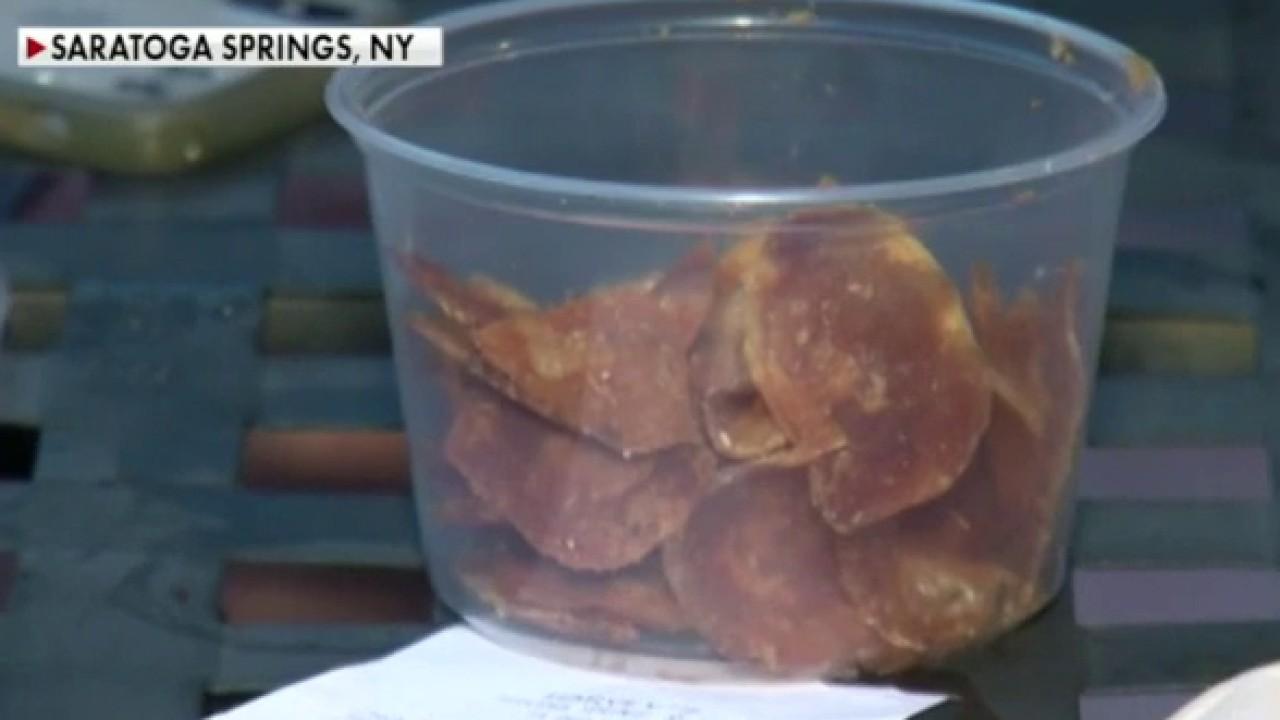How much money does the tortilla chip and salsa industry make?
Chips and salsa equal a multibillion-dollar snack market
Where there are chips, there’s usually salsa.
The pairing is so prevalent that both snack items have a market size that’s valued at more than 1 billion dollars.
NY BAR OFFERS 'CUOMO CHIPS' TO SATISFY GOV'S RULE ON ALCOHOL SALES
The global tortilla chip market is estimated to have a value of $22.04 billion for 2020, according to market research firm Grand View Research. Additionally, the market size of tortilla chips is expected to register a compound annual growth rate of 4.41 percent starting from 2019 and ending in 2025.
By 2025, Grand View Research has forecast the market will reach $27.43 billion.
FROM DORITOS TO VLASIC, PICKLE-FLAVORED CHIPS ARE A SWEET TREND FOR SALTY SNACKS
“Changing lifestyle is the most influential factor driving the product demand and growth of this market,” the firm’s report stated. “Rising demand for on-the-go food due to hectic work schedules is also estimated to fuel the product demand. Furthermore, the rising number of working individuals across the globe is likely to have a positive impact on product demand.”

Tortilla chips with salsa dip. (iStock)
Flavor innovation from leading brands such as Frito-Lay, Doritos, Phileas Fogg and Don Tacos was also cited for the market’s multibillion-dollar valuation.
GET FOX BUSINESS ON THE GO BY CLICKING HERE
Pre-made salsa production, on the other hand, has a market size of $1.4 billion for 2020 so far, according to industry market research from IBISWorld. The firm anticipates the market to grow an additional 2 percent in 2020.
The salsa market – which does not include other dips such as guacamole, cheese and beans – has grown 1.3 percent per year on average between 2015 and 2020.
CLICK HERE TO READ MORE ON FOX BUSINESS
“Salsa is a largely discretionary product, meaning when disposable income increases, consumers are more likely to buy prepared foods like those produced by this industry,” the report said regarding the pre-made salsa market’s modest growth. “Conversely, lower disposable income indicates that people are more likely to make their own salsa from scratch forgo consumption altogether.”




















